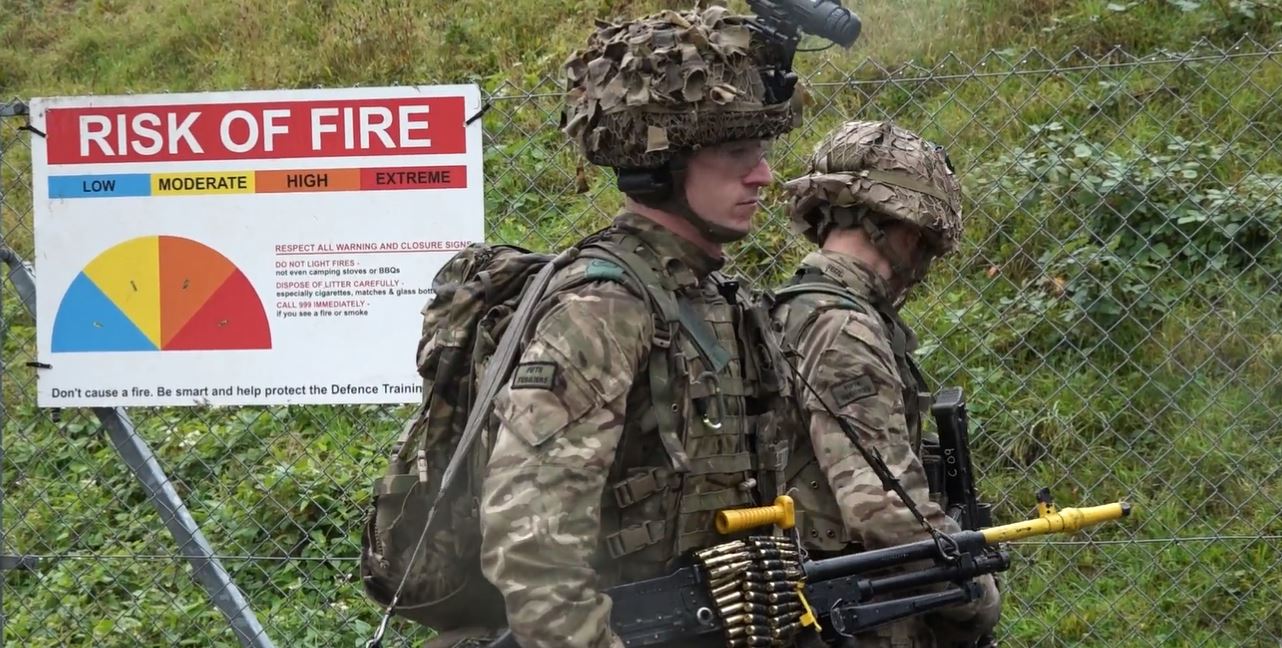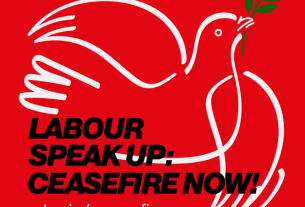The Chief of the Defence Staff has said the military is not “spare capacity” to be used as cover during strikes.
Plans to deploy 1,200 troops to drive ambulances and staff the country’s borders – alongside 1,000 civil servants – have been confirmed by the government. The cost is estimated to be £5.6 million.
Unions have called it a “desperate measure” and warned about the dangers of insufficiently trained troops working on health and immigration front lines.
Under the government’s plans, 1,200 personnel from the army, navy and air force will be deployed when ambulance staff strike on December 21 and 28, and border staff walk out for eight days on Friday (Dec 23-31). These include around 600 drivers and 150 logistical support personnel to operate ambulances, and cover at Border Force to check passports and documents.
Admiral Sir Tony Radakin, the head of Britain’s armed forces, said it is “slightly perilous” to rely on the military as the “ultimate backstop”.
“We’re not spare capacity,” Radakin told the Sunday Telegraph. “We’re busy and we’re doing lots of things on behalf of the nation. We’ve got to focus on our primary role.”
The Ministry of Defence’s top civil servant David Williams said on Wednesday that 2,500 troops have been identified to provide support should they be needed.
Last night the Telegraph website reported government plans to “lessen reliance” on the armed forces during strikes by calling up military reservists instead.
A new resilience framework will be published on Monday under which full-time military personnel will only be called in to help during national emergencies. However, the plan is not expected to be implemented until between 2025-2030.
Dowden – ‘not fair’ military have to cover Christmas strikes
Oliver Dowden, the Chancellor of the Duchy of Lancaster, has complained it is “not fair” that military personnel will have to cover for striking workers during the festive period.
“Give the military a break this Christmas,” said Dowden, telling Times Radio listeners: “I know the sacrifice that they [military personnel] are making in fulfilment of their duty.”
Dowden has chaired two Cobra meetings about the strikes and said the government is “always willing to talk” with unions while insisting ministers remain “resolute” in their stance on pay.
He is calling on unions to call off the strikes and dismissed nurses’ pay demands – 5% above inflation – as “simply not affordable”.
On BBC’s Sunday with Laura Kuenssberg, Dowden said the government is “trying to be reasonable”, “proportionate” and “fair”.
“But in return, the unions need to be fair and reasonable. They should call off these strikes and give people a break,” said the minister.
The Royal of Nursing (RCN) has announced its intention to escalate the nurses strike in January.
Nurses will hold their second strike on Tuesday (Dec 20) with ambulance staff set to strike on Wednesday.
The railways will be hit again when RMT members go out on strike on Saturday, Christmas Eve. Border Force staff begin their eight days of strikes on Friday (Dec 23) when members of the Public and Commercial Services union walk-out, impacting travellers at Britain’s biggest airports and some sea ports.




